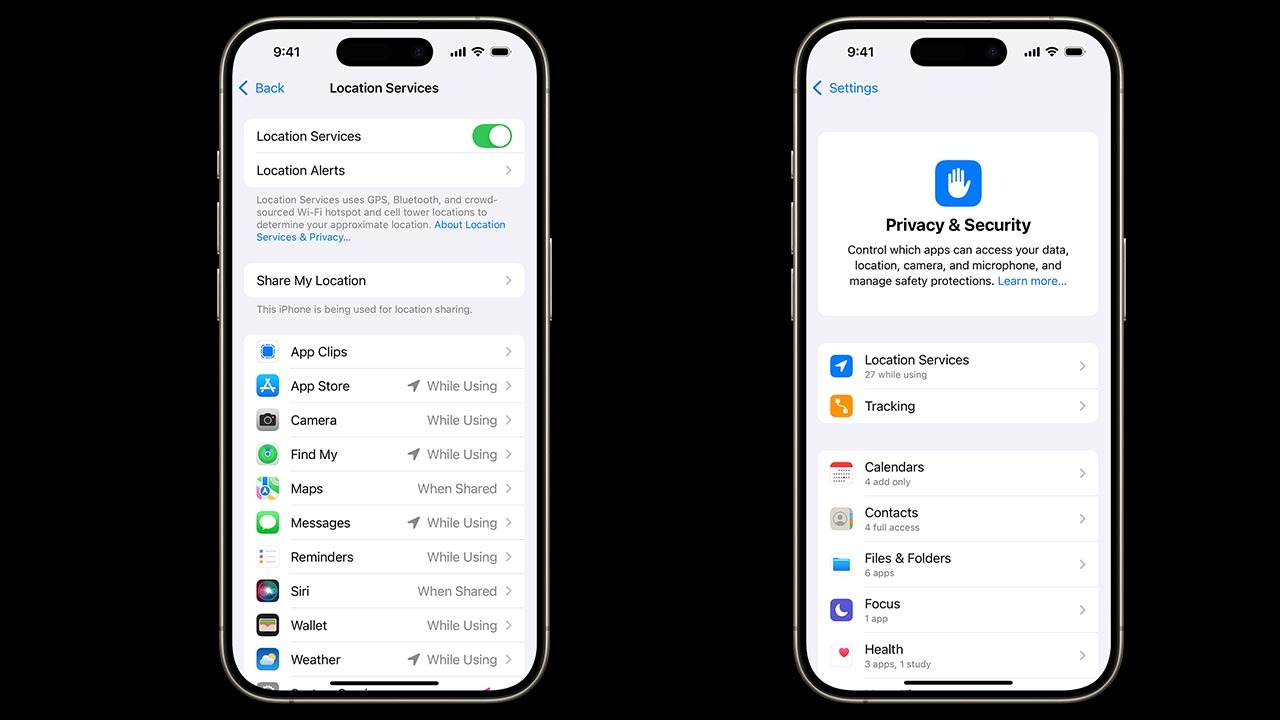
Managing app permissions on your phone is critical for maintaining privacy and security. By denying certain permissions, you can limit the amount of personal data that is exposed. Here are six app permissions you should consider denying to safeguard your information.
Location Tracking
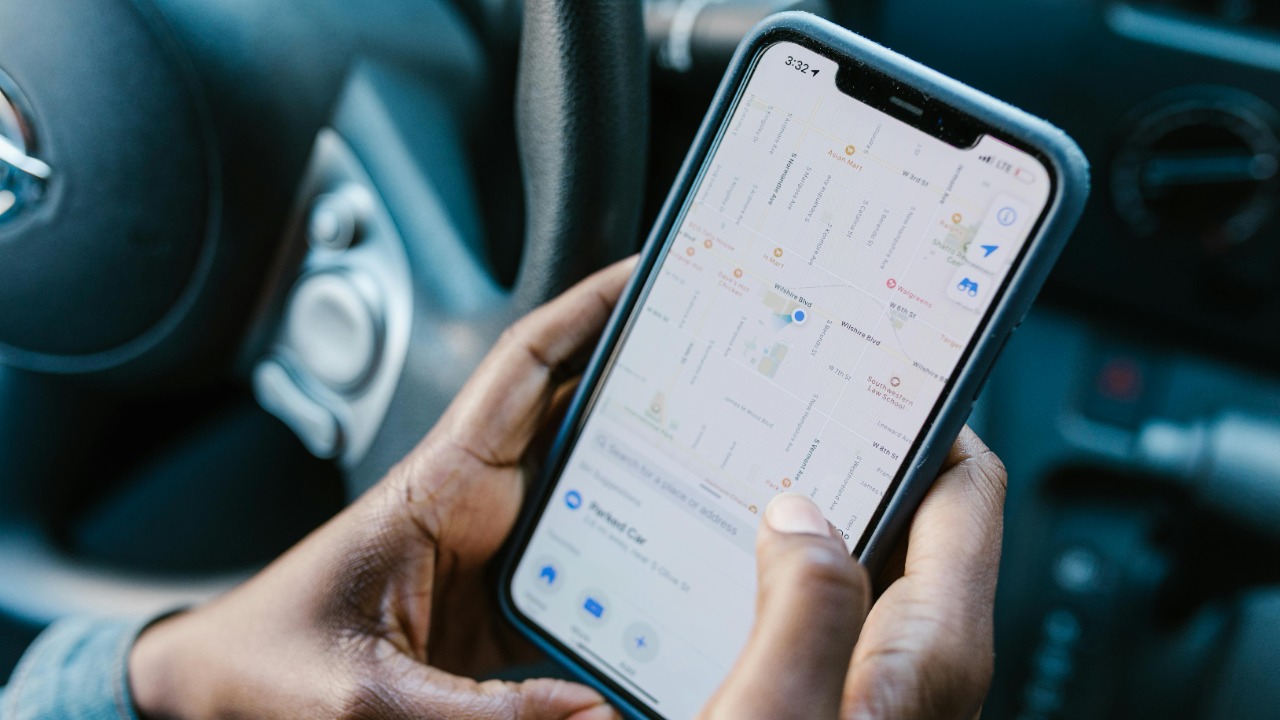
When apps request access to your location, they can track your movements and collect data on your whereabouts. This information can be used for targeted advertising or even sold to third parties. While location services can be convenient for navigation apps, they are often unnecessary for many other apps. To protect your privacy, only grant location permissions to apps that truly need it. For more insights on how your phone might be tracking you, check out the ways your iPhone could be tracking you.
Camera Access
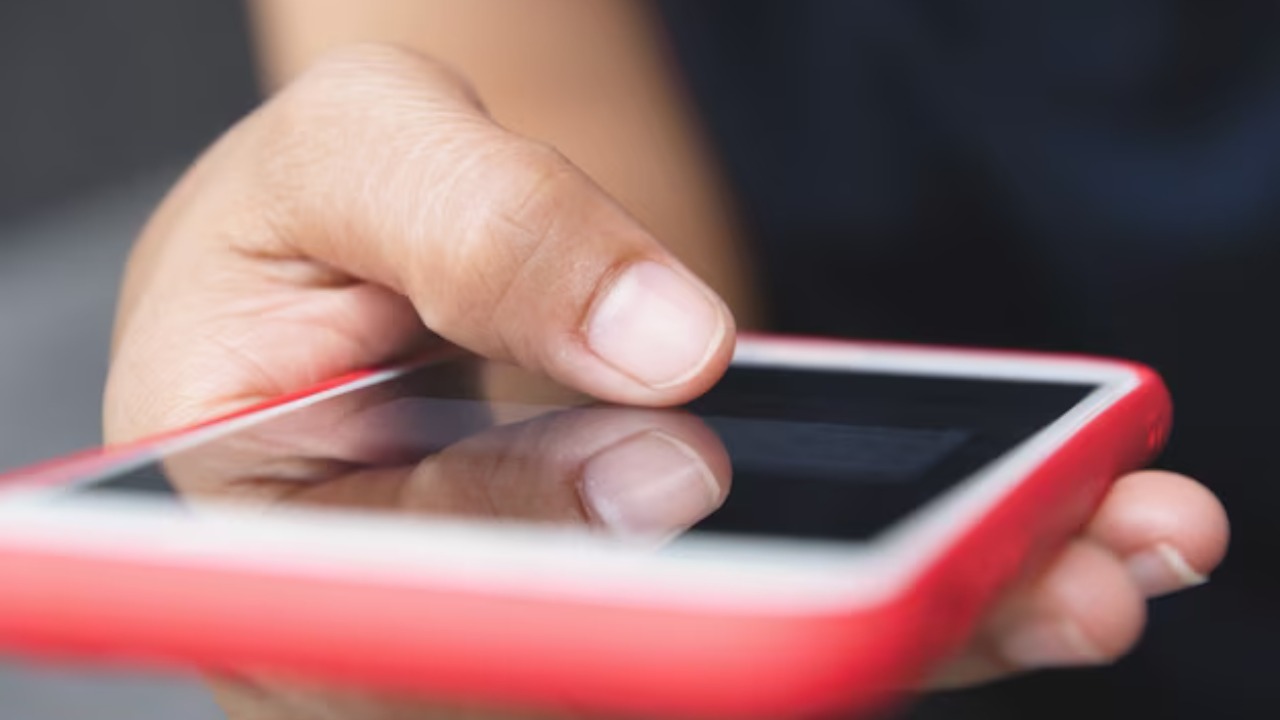
Granting camera permissions to apps can lead to unauthorized access and misuse of your camera. Some malicious apps can take photos or videos without your consent, posing serious privacy risks. It’s crucial to scrutinize which apps genuinely require camera access. For instance, social media apps may need this permission, but a calculator app definitely does not. To better manage app permissions on Android, refer to this comprehensive guide.
Microphone Usage
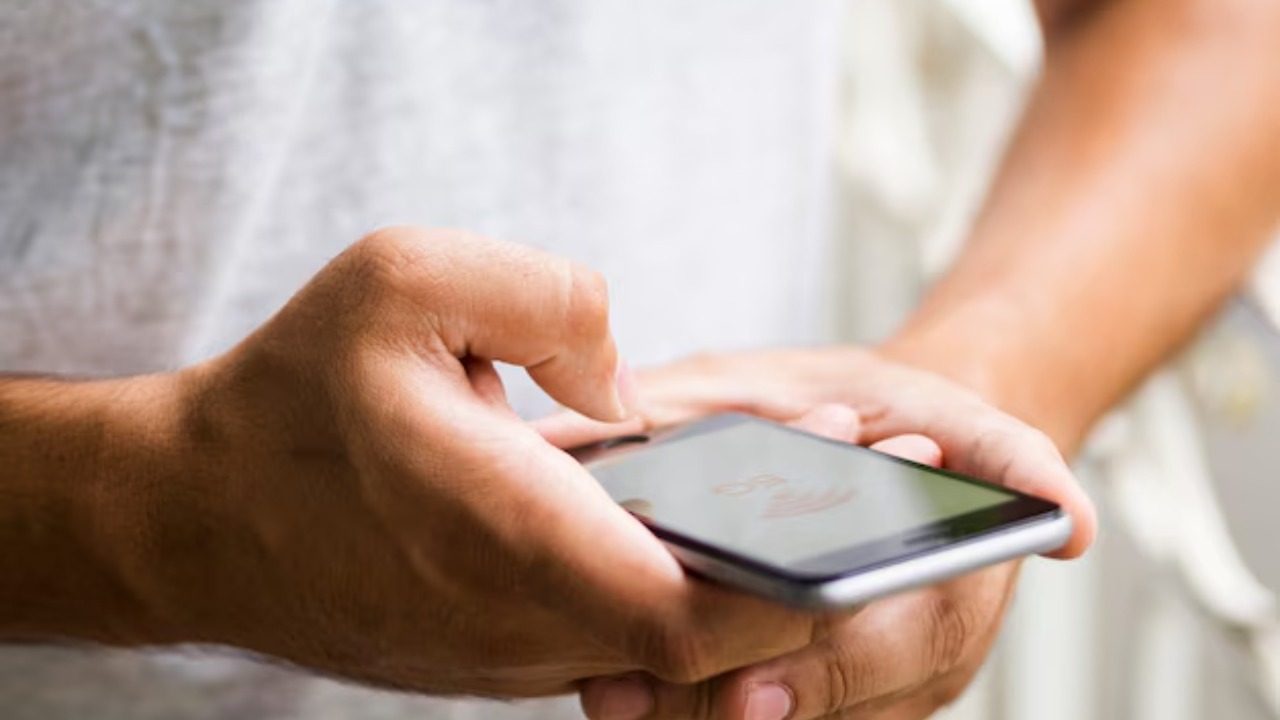
Apps with microphone access can potentially listen to your conversations, raising significant privacy concerns. While some apps like voice assistants or call apps need this permission, many others do not. Be selective about which apps can access your microphone, and regularly review your settings to ensure your privacy is protected. For detailed guidance on changing your app permissions, Google offers a helpful permissions change guide.
Contacts Sharing

When apps access your contacts, they can collect information about your personal and professional networks. This information can be misused or shared without your consent. Only allow trusted apps to access your contacts, such as messaging apps where it’s essential for functionality. Consider whether an app truly needs this permission before granting it. The study on app permissions offers insights into the implications of sharing such data.
SMS and Call Logs Access

Access to SMS and call logs can reveal sensitive information about your communication patterns. Malicious apps could misuse this data for fraudulent activities or sell it to advertisers. To protect your privacy, limit this permission to apps that absolutely require it, such as default messaging apps. Regularly review your app permissions to ensure your call and message information remains secure.
Background Data Collection
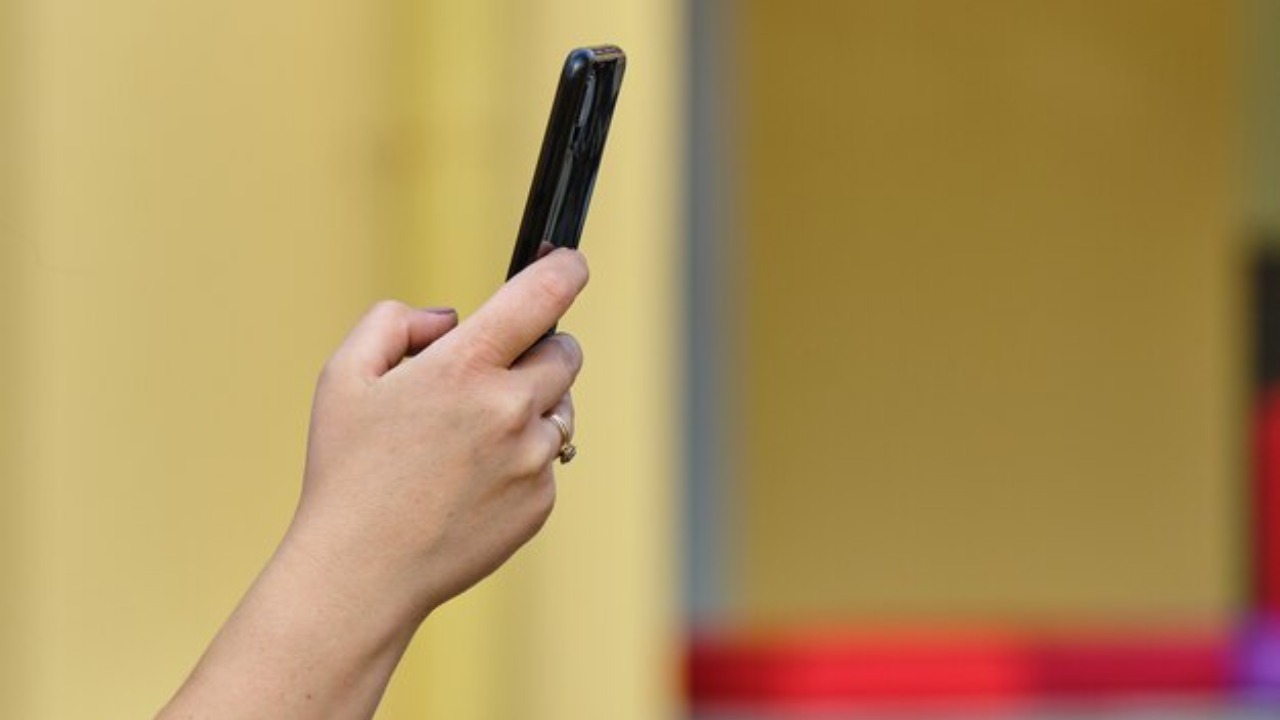
Many apps collect data in the background, even when you’re not actively using them. This can lead to excessive data usage and unwanted data sharing. To prevent apps from collecting data without your knowledge, review the permissions settings and disable background data collection where appropriate. This not only protects your privacy but also helps conserve battery life and data usage. For more information on the technical aspects of app permissions and privacy, you can explore this technical paper.